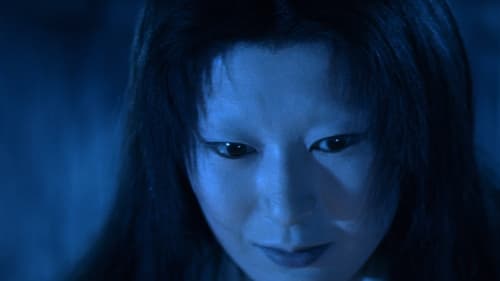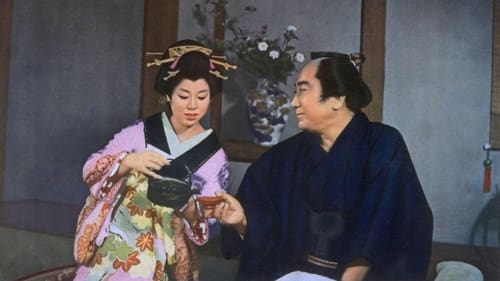
Hairstylist
Produção japonesa contada em quatro histórias. Em "Black Hair", samurai divórcia-se da mulher que ama para se casar com outra pelo dinheiro; em "The Woman in the Snow", lenhador encontra mulher congelada e o espírito dela aparece para revelar detalhes de sua vida, pedindo a ele que jamais conte a ninguém - mas dez anos depois ele esquece a promessa; em "Hoichi the Earless", o jovem e cego Hoichi vive num monastério e passa a cantar para fantasmas do império; e "In a Cup of Tea" fala de um escritor que vê uma misteriosa face refletida numa xícara de chá.

Hairstylist
Depois de Takezo (Musashi) e seu amigo Matahachi acabarem no lado perdedor da batalha de Sekigahara, Matahachi decide começar uma nova vida com uma mulher mais velha. Quando Takezo retorna para casa para contar à noiva de Matahachi, Otsu, e mãe, Obaba, o que aconteceu, ele acaba sendo caçado como um fugitivo - e pendurado no topo de uma árvore por um enigmático monge.

Hairstylist
A successful textile industrialist from the provinces, who is beloved by his employees for his kindness, cannot find a wife because of a disfiguring birthmark on his face. Even the courtesans in Yoshiwara refuse to entertain him, until an indentured peasant prostitute, Tamarazu, takes the unsavoury assignment and treats him with brash tenderness.

Hairstylist
The adopted son of an Osaka courier falls in love with a prostitute and, discovering that she is about to be purchased by a client, steals money from his employer to redeem her. Hunted criminals, the two young lovers take flight to Yamato, but, as in Chikamatsu's other domestic tragedies of love and duty (known as sewamono), they must be pursued and their passion destroyed by death. Favourite Uchida themes, such as the indenturing of a prostitute (cf. YOSHIWARA; A BLOODY SPEAR AT MT. FUJI), and his characteristic emphasis on performance and theatrical artifice re-emerge here; but the daring device of having Chikamatsu appear as a character - not unlike having Shakespeare interpolated into a film adaptation of one of his plays - is just one of many surprises this remarkable film holds. “Extraordinary” (Donald Richie).



